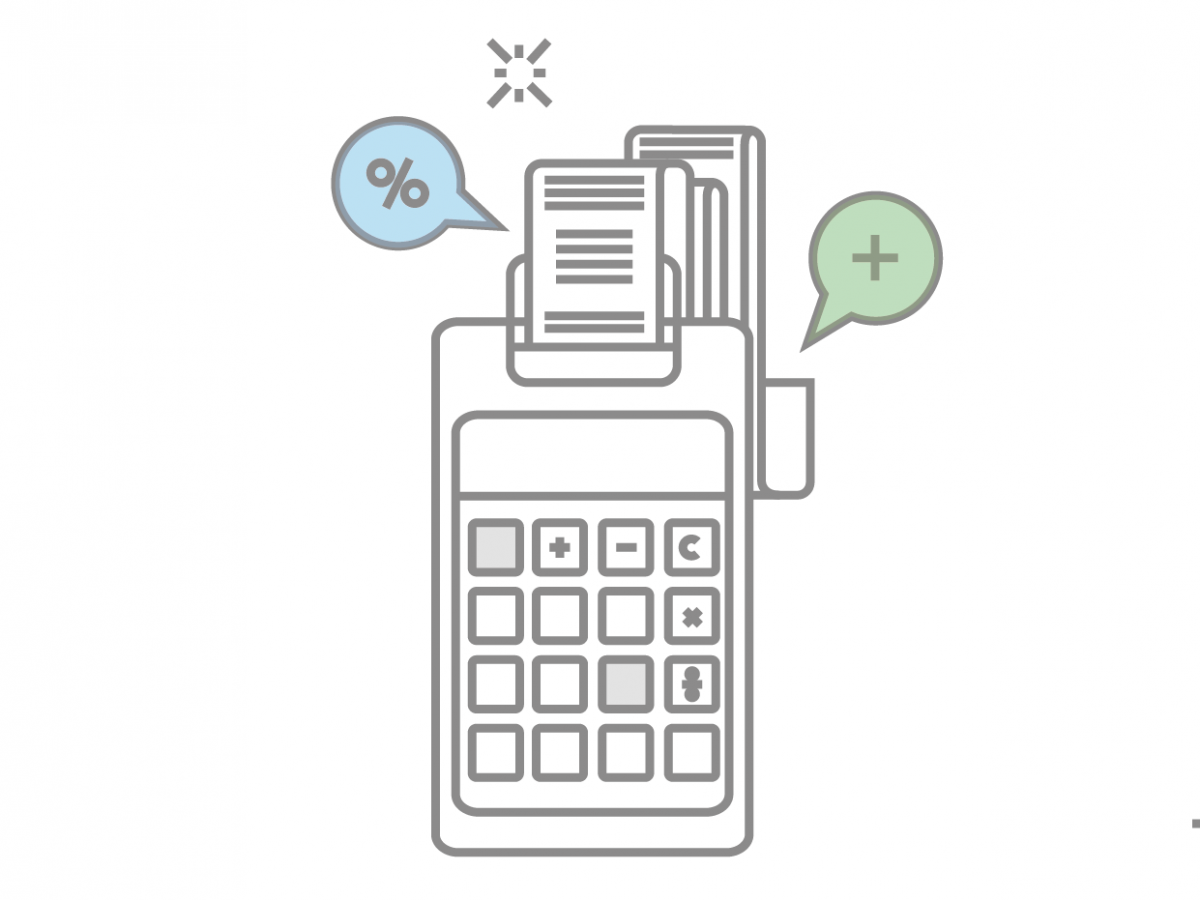Reading time: 3 minutes.
From this article you will learn:
- Which regulations should you refer to for guidance on the appropriate accounting treatment of leases?
- What aspects of the lease does the auditor pay attention to?
- What are the differences between Polish and international standards?
Klaudia GREC
Junior Audit Manager at RSM Poland
Leasing is a unique form of business financing, where companies do not need to purchase the assets in order to use them. With the growing popularity of lease, many entrepreneurs are considering the pros and cons of this type of financing, also in the context of tax costs. What is very important yet often overlooked here is that your lease must be recognised on your balance sheet properly. What do you need to focus on?
Finance lease (and not only) from the perspective of balance sheet law
Entrepreneurs can say a lot of good and bad things about the regulations that are currently in place. In general, however, we all know that the more universal (and written with the widest possible range of entities in mind) the regulations are, the more room for interpretation (or even over-interpretation) they leave. And this is precisely the situation we are dealing with here.
While the criteria themselves, as indicated in Article 3(4) of the Accounting Act and further supported by National Accounting Standard No. 5 ‘Lease, hire and rental’, make a very good guideline for qualifying your lease either as finance or operating lease, interpreting the regulations the right way can be quite challenging.
How to classify your lease?
So how do you classify leases in the accounts? Let us take a look at the questions asked by our clients that, as auditors, we are asked on a daily basis in the course of auditing financial statements or providing consultancy services:
- How should an accountant determine the ¾ of economic life of a lease? Should they take into account the expected period of use of the leased asset in the entity or the overall useful life of the asset? Do they need to refer to the accounting policy in this respect? How does the lease term relate to the economic useful life of the lease?
- How should a business determine the discount, especially in the time of dizzying monetary depreciation, to check the value of a contract in the future?
- Is the potential penalty that can be given to a company for an early termination of the contract relevant or not?
These and other issues can give you sleepless nights; after all, determining the type of lease affects the balance sheet total, which is not necessarily something some companies want to pursue (for different reasons).
Lease accounting step by step
Lease accounting is based on regulations and, drawing on our auditing experience, we will be breaking down the interpretation of these regulations in a series of our articles here. To simplify this process as much as possible, we will devote each article to a single criterion to be taken into account when qualifying your lease for balance sheet purposes.
We will first focus on determining the useful life of the leased asset.
However, before we invite you on a journey through the arcana of the rules and principles of the Polish balance sheet law dedicated to lease, we encourage you to read our series of articles on lease according to international standards.
The authors of international standards decided to simplify the treatment of leases as much as possible; however, at the moment there are no indications that Polish regulations could be amended. Therefore, we provide you here with a handful of practical solutions, helpful in case of the most frequent questions and problems raised by our clients.
Subscribe to RSM Poland Newsletter to stay up-to-date on the most important legal, financial and tax matters.
Subscribe






